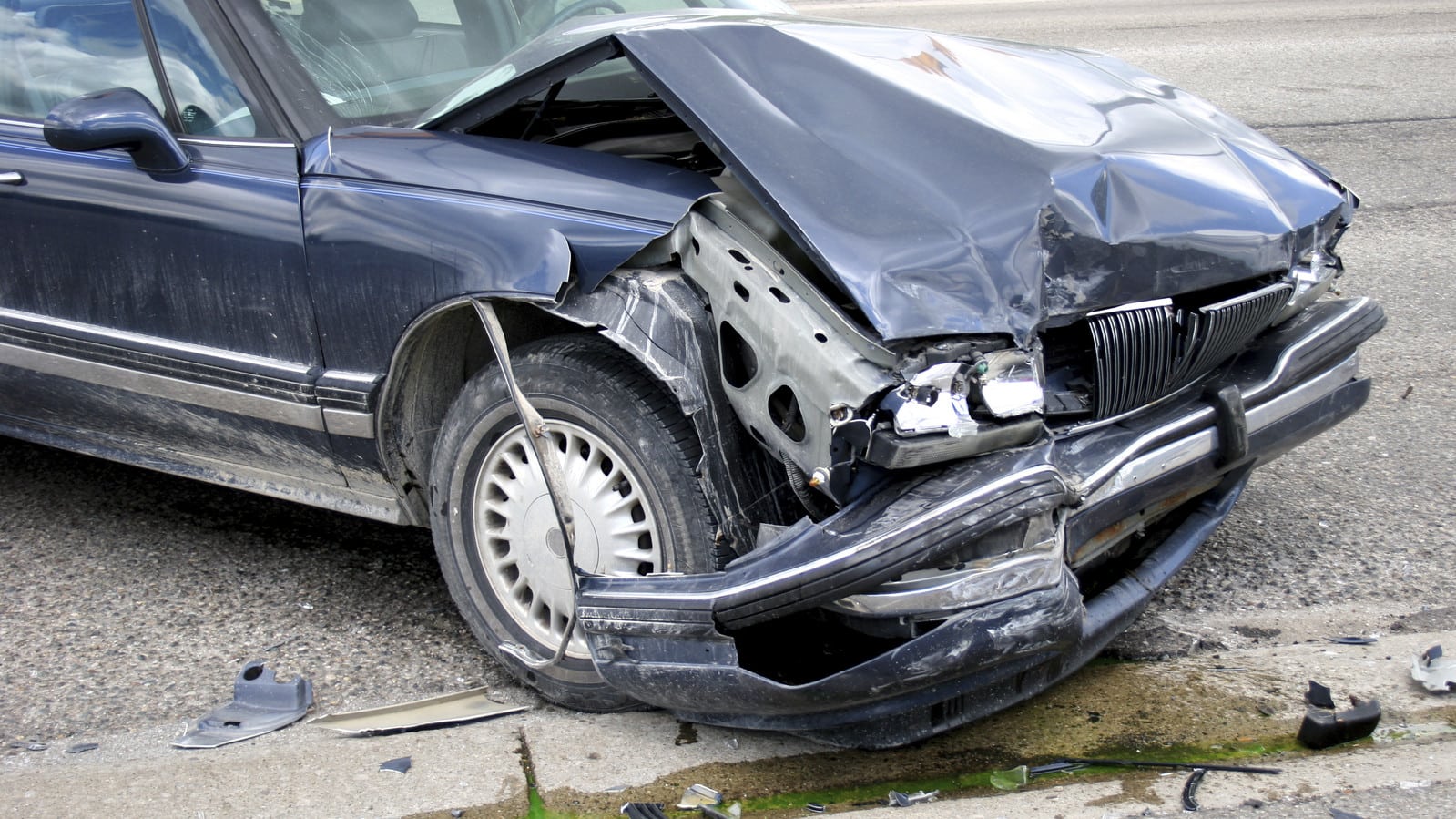Property damage is common after a serious car accident. In some situations, the insurance company may deem your car a “total loss.” Insurance companies determine that a car is a total loss when the cost to repair the vehicle is higher than what the vehicle is worth. This happens most often with older vehicles, but even newer vehicles that have been involved in a serious accident can be considered “totaled” as well.
In some situations, the insurance company will consider a vehicle totaled when it isn’t really practical to repair the vehicle, even if the value is more than the repairs. Some insurance companies have a standard percentage that they use, which is generally around 75 percent—that is, if the repairs cost over 75 percent of what the car is worth, then the car is totaled.
Dealing with serious cases like these may require the services of a car accident lawyer to be sure that the insurance company is accurately and fairly valuing your vehicle.
Who Pays if My Car is a Total Loss?
Losing your car in an accident can be devastating. You may need to find alternate transportation quickly to get to work, go to appointments, and run children or other family members around. It can be very stressful.
In Massachusetts, your insurance company picks up the tab when your car is a total loss. This is because Massachusetts is a no-fault insurance state.
The insurance company will pay you the actual cash value of your vehicle. It determines this value by considering the following factors.
- Retail value of a car of similar kind and quality (before the accident)
- How much you paid for the vehicle
- Any improvements that you may have made to the car
- Any prior unrelated damage
- The actual purchase price of a similar available vehicle
In situations where your vehicle is a classic or an antique, or has been restored, you should get it appraised before insuring it so that your insurance company has a better idea of what the vehicle is actually worth if an accident occurs.
Only getting what the vehicle is worth after an accident can be a problem if you owe more than the value of the car. You will still have to pay your car payment even after the vehicle is totaled in most situations.
Do I Still Have to Pay My Insurance Premiums?
You must still continue to pay your insurance premium, even after your vehicle is considered a total loss, until you return the license plates to the Registry of Motor Vehicles. If you do not have the plates because they were destroyed or stolen, you need to go to the Registry of Motor Vehicles and fill out a lost or stolen plates receipt. You then give this receipt to your insurance company so you can stop paying premiums and cancel your policy.
What Happens to My Totaled Car?
Your insurance company likely has the option to take the title to your car after it has been declared a total loss and they have paid you for the actual cash value. The insurance company will be entitled to any salvage value that the vehicle may have. If you want to keep your vehicle, you may be able to negotiate with the insurance company to purchase the car at the salvage value.
What happens to your car after a serious accident can be confusing and frustrating. Sometimes, involving an experienced car accident lawyer can help. Contact Jim Glaser Law today at 781-689-2277 or fill out our online form to request a free case evaluation.

















